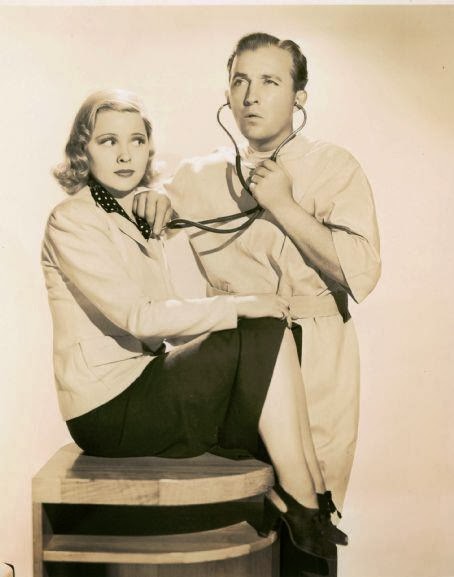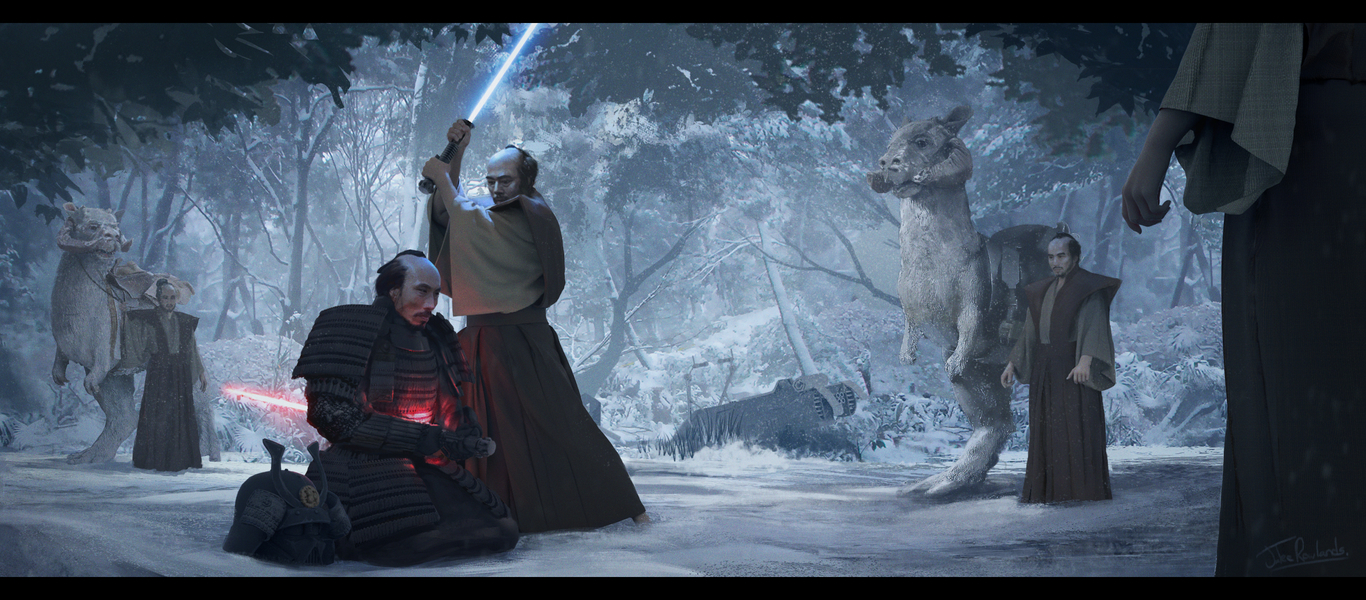Today in Movie Culture: The Best Movie Endings of All Time, Tarkovsky's Influence On 'The Revenant' and More
Here are a bunch of little bites to satisfy your hunger for movie culture:
Movie Comparisons of the Day:
The Petrick highlights 17 shots/scenes from The Revenant and shows them side by side with similar shots/scenes in films by Andrei Tarkovsky (via Cinematic Montage Creators):
[embedded content]
Reimagined Movie of the Day:
Artist Jake Rowlands created this reworking of Star Wars as a samurai movie for a CG+ competition. See more at Live for Films.
Mashup of the Day:
If you’ve never gotten into Doctor Who, perhaps this Star Wars: The Force Awakens style trailer for the reboot’s first season will grab you (via Geek Tyrant):
[embedded content]
Video Essay of the Day:
The School of Life looks into how and why grown-up moviegoers cry during the loveliest moments in cinema:
[embedded content]
Vintage Image of the Day:
Mary Carlisle, who turned 102 yesterday, gets a check up from regular leading man Bing Crosby in 1938’s Doctor Rhythm:

Filmmaker in Focus:
The following video essay celebrates the “ma” or calm of Hayao Miyazaki‘s movies:
[embedded content]
Visual List of the Day:
CineFix counts down the 10 best closing shots of all time, including the endings of 2001, Fight Club, Inception, Stalker and Casablanca:
[embedded content]
Alternate Endings of the Day:
Speaking of movie endings, what if all movies just ended once their title was spoken? Here’s what a few, including Face/Off, would look like (via Devour):
[embedded content]
Fan Theory of the Day:
Is the ending of Galaxy Quest really an evil government reality show? That’s the theory presented in this io9 video:
[embedded content]
Classic Trailer of the Day:
Today is the 40th anniversary of the release of Paul Mazursky‘s Next Stop, Greenwich Village. Watch the original trailer for the movie, which co-stars Christopher Walken, Jeff Goldblum and features a very young uncredited Bill Murray, below.
[embedded content]
and
This entry passed through the Full-Text RSS service – if this is your content and you’re reading it on someone else’s site, please read the FAQ at fivefilters.org/content-only/faq.php#publishers.






